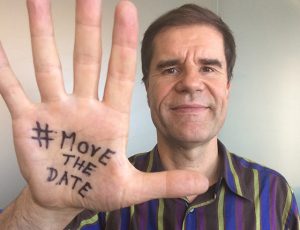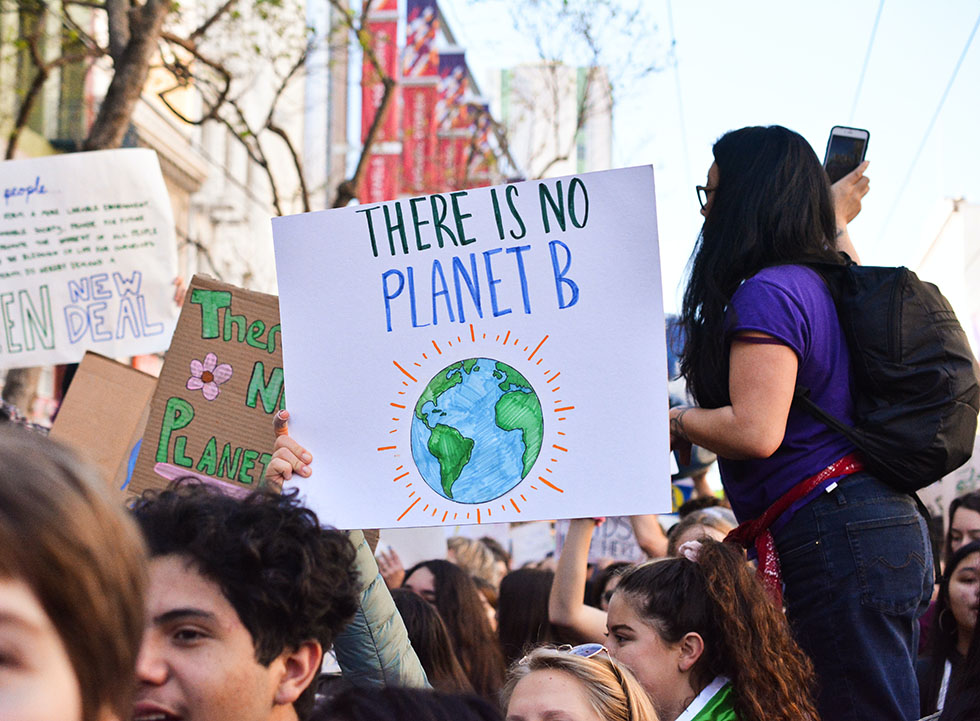by Mathis Wackernagel, Ph.D.

There is a misconception that COP26 in Glasgow did not produce concrete decisions. But it did. World leaders decided that it is not worth saving the Maldives. No wonder the youth ambassadors from around the world participating at COP26, like Vanessa Nakate, are livid.
In the Cold War, there was a grim strategy that kept the world from complete catastrophe. It was MAD: Mutually Assured Destruction. Arguably, this strategy contributed to no nuclear bombs being dropped on people since Nagasaki. Now, by stark contrast, we are defaulting to SAD: Self-Assured Destruction.
It may not be surprising that nation states show little interest in saving non-residents from the effects of climate change and resource constraints. After all, that’s not their prerogative. But it is utter madness that they do not even seem to want to save their own residents. Why? Because sustainability action is not about “enlightened self-interest.” It is simply practical. Like brushing your teeth. If your country is not preparing itself for the predictable future of climate change and resource constraints, your country will not be prepared. It seems obvious. So, what part of zero emissions are nations negotiating about?
It’s like we are standing on a train track with a train coming at high speed, and it is getting uncomfortably close. Why are we spending time convincing others to throw in another $5 of incentives to step off the track? SAD!
All nations continue to be woefully underprepared for this predictable future. As if the train will not (or hasn’t already) hit them, because they are exceptional. But guess what: we all think we are exceptional. It’s universal. Luckily, some cities and companies are starting to recognize what is coming and are shifting their trajectories. What are all the others waiting for?
As the world community and its national governments fail to lead the way, the climate and resource context is becoming ever more difficult for all. Without national support, each city or community, region or company, has to prepare itself even more vigorously to persist.
International agreements with teeth would be great. But waiting for them is self-defeating. What would COP26 have looked like if it were driven by the love for people rather than positions?
Without meaningful agreements, your action to address your own overshoot becomes even more important for your own future. It is also strategic: Like with COVID, protecting yourself also protects the larger community. If you love yourself and your community, just do it.



